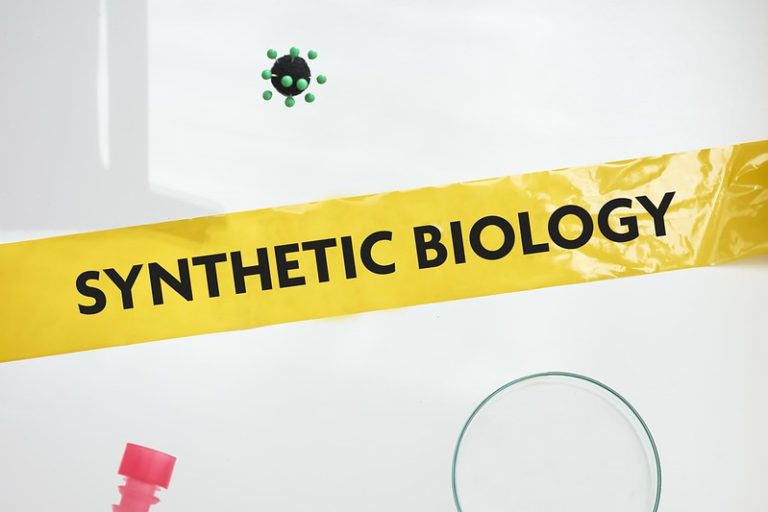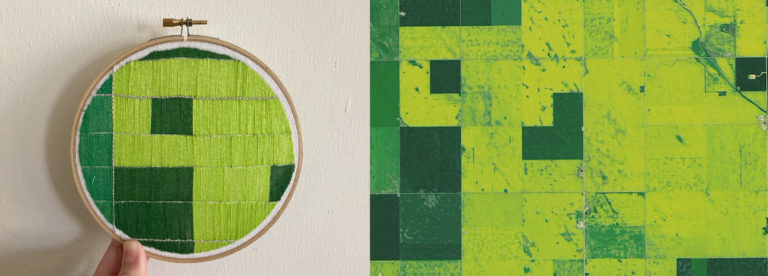
“Animal proteins” without animals
Animal proteins without animalsMilk proteins without cows, fish without fish, meat without animals and even egg proteins without eggs or chickens: welcome to the realm of “precision fermentation” for our future food. Three start-ups in the sector have obtained approval for their milk-free milk proteins from the US health authorities, enabling them to sell them to food manufacturers.The industry and certain institutions are presenting these innovations as a step forward in reducing the carbon impact of livestock farming and meeting the food needs of human populations. Above all, it is a promising market: these “advances” are already attracting investors.

Bioengineered poplars to save the climate?
A few months ago, Living Carbon, a US start-up, announced that it had developed and planted genetically modified poplar trees in 2023. These trees are said to absorb more quickly carbon dioxide, one of the greenhouse gases whose current accumulation in the atmosphere and oceans is causing problems for the Earth’s climate. As part of this program, Living Carbon is acquiring carbon credits to finance its work. The aim is to reduce the photorespiration of poplar and pine plants. What is photorespiration? What would be the ecological repercussions of this modification of photosynthesis?

Synthetic Biology, talks are involving GMOs
For the past fifteen years, governments have been discussing “synthetic biology” on an international level. If to date, an “operational” definition exists, the outlines of this field remain hard to draw. Are talks of “synthetic biology” simply a change of semantics, or a genuinely new frontier of the biotechnology field? For the moment, examples of organisms or molecules obtained by synthetic biology are accumulating: unnatural proteins, GMO plants, GMO bacteria, recreated viruses, modification of living organisms directly in the environment, GMO insects, xenobacteria…

Journal

